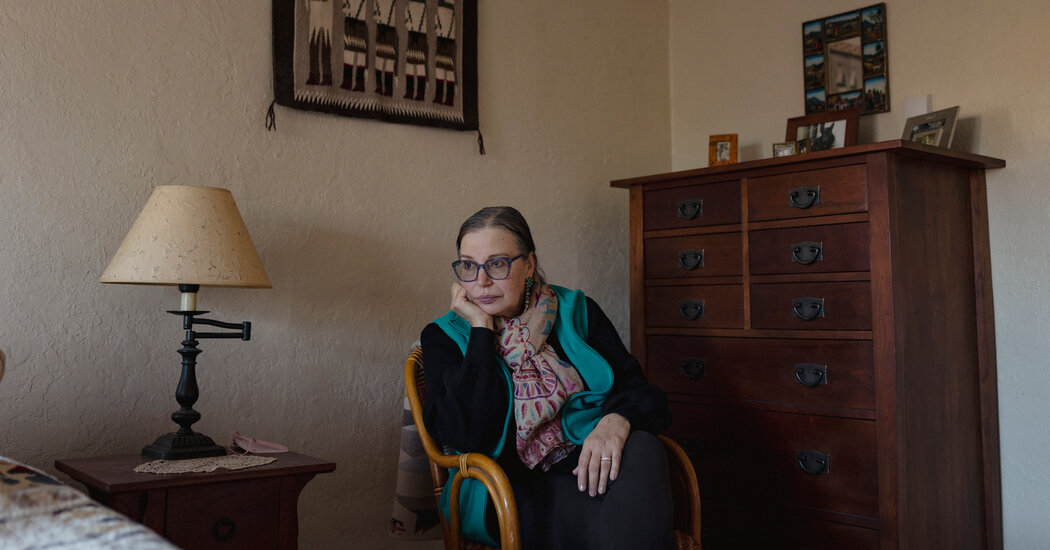A private business has helped supercharge a controversial federal drug program. Patients and insurers have been left with big bills.
Soon after being diagnosed with metastatic breast cancer, Virginia King sat in an outpatient clinic in Santa Fe, N.M, while a nurse injected her with a powerful drug to slow damage to her spine, where the disease had spread.
Even though the drug had a list price of about $2,700, the hospital that owned the cancer center billed Mrs. King’s insurance company $22,700. Her insurer paid $10,000, but the hospital wanted more.
She got a bill for over $2,500 — “more than half my take-home salary for a month,” said Mrs. King, 65.
She had unknowingly sought care from a hospital that participates in a federal program allowing it to buy drugs at a steep discount and charge patients and insurers a higher amount, keeping the difference.
The intention behind the program was for a small number of safety-net providers to have access to affordable drugs and be able to expand their care for needy patients. But instead, the program has exploded: Now, more than half of nonprofit hospitals in the United States take part. While some providers say it has helped keep their doors open, others — especially large nonprofit health systems — have been accused of maximizing payouts and swallowing the profits.
The program’s escalation has driven up health care costs for employers, patients and taxpayers, studies show.
